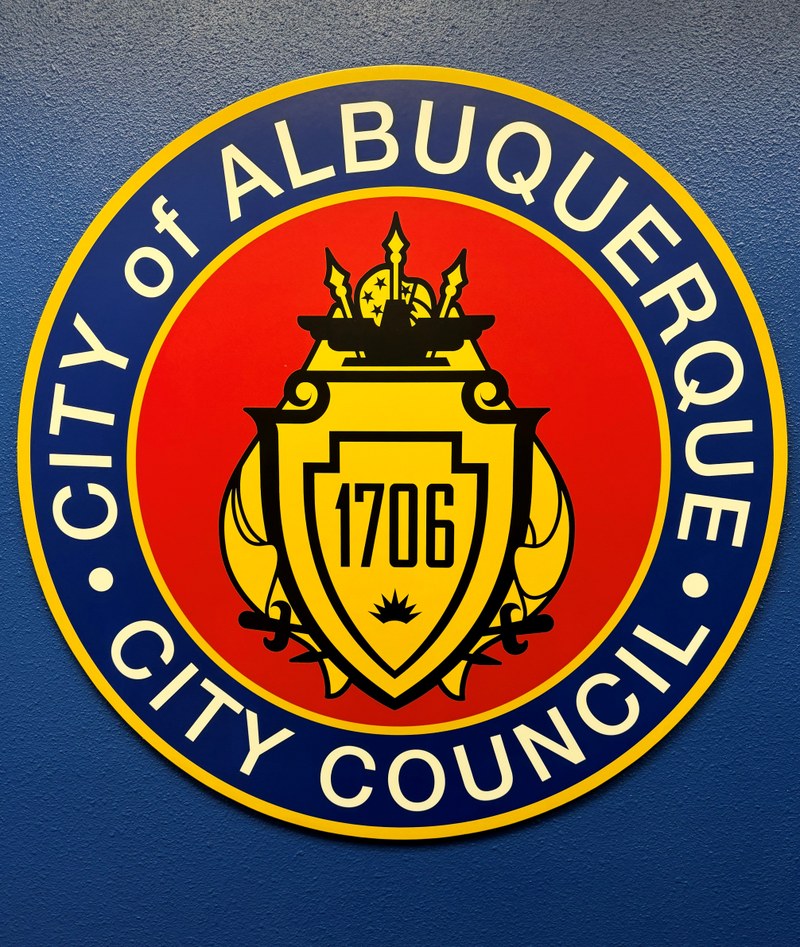
City Council Approves Continuing Sobriety Housing Voucher Program
The one-year pilot will provide temporary housing and wrap-around services for unhoused people who are committed to achieving and maintaining sobriety.
ALBUQUERQUE, NM – The Albuquerque City Council has passed Resolution R-25-179, a landmark measure that establishes the Continuing Sobriety Housing Voucher Pilot Program. This new initiative aims to combat homelessness and substance use disorder by providing housing support to individuals exiting treatment facilities.
The Continuing Sobriety Housing Voucher Program (CSV) will serve as a targeted, temporary housing option for up to twenty-five individuals transitioning from substance abuse treatment, such as detox or rehab facilities. Unlike existing housing-first models that do not require sobriety, this pilot would provide vouchers and supportive services to participants who agree to abstain from alcohol and illicit substances and continue with their recovery treatment. To remain eligible, participants must maintain sobriety and engage in ongoing recovery support services. The resolution requires the department to report on the program's outcomes, comparing its success to that of existing "housing first" models. This targeted approach seeks to provide a stable foundation for long-term recovery, addressing the interconnected challenges of addiction and housing instability.
"This resolution is a crucial step forward in our city's strategy to address the complex issue of homelessness," said District 9 City Councilor Renée Grout. "By offering a pathway to stable housing for individuals committed to sobriety, we are providing a critical bridge from treatment to long-term success. This pilot program will give us valuable data to show that targeted, outcome-based approaches can be a powerful complement to our existing efforts, helping people get back on their feet and stay there."
A Complementary Approach to Housing and Recovery
The resolution directs the Department of Health, Housing, and Homelessness (HHH) to develop a plan and a budget for the program. The plan will include contracting with a qualified provider to administer the vouchers, provide case management, and conduct regular monitoring to ensure compliance.
Program Design and Evaluation
Participants in the CSV program will be required to be at least 18 years old, experiencing homelessness, and have successfully completed substance abuse treatment. In addition to abstaining from substance use, they must agree to continue with a recovery program, consent to routine drug and alcohol screenings, and participate in case management services.
A key component of this initiative is a rigorous evaluation. HHH will be tasked with submitting a report to the City Council at the conclusion of the one-year pilot. This report will compare the outcomes of CSV participants—such as housing stability, employment rates, and engagement with services—to those served through traditional housing-first models. The data gathered will be crucial in informing future policy decisions and determining whether this program should be expanded or integrated into the City's broader homelessness response system.

